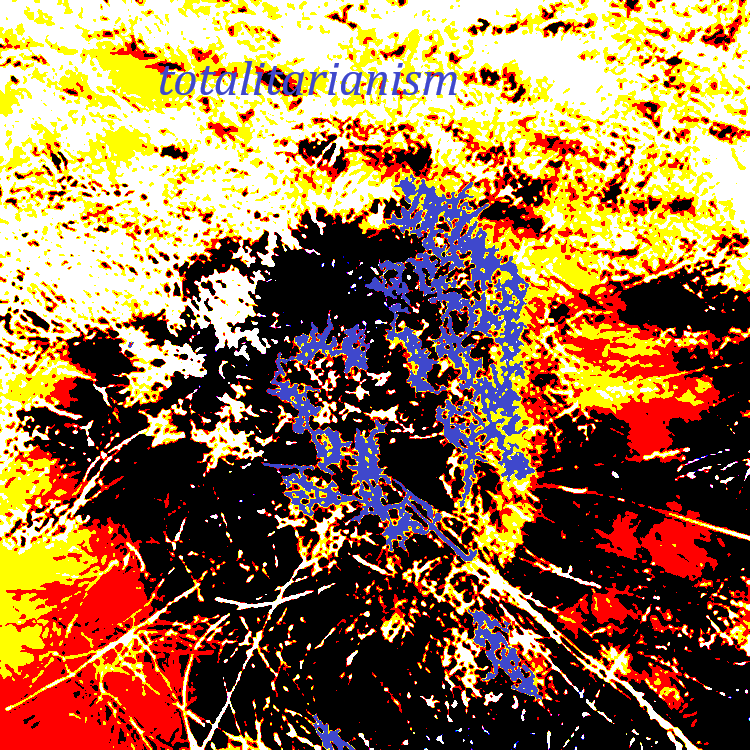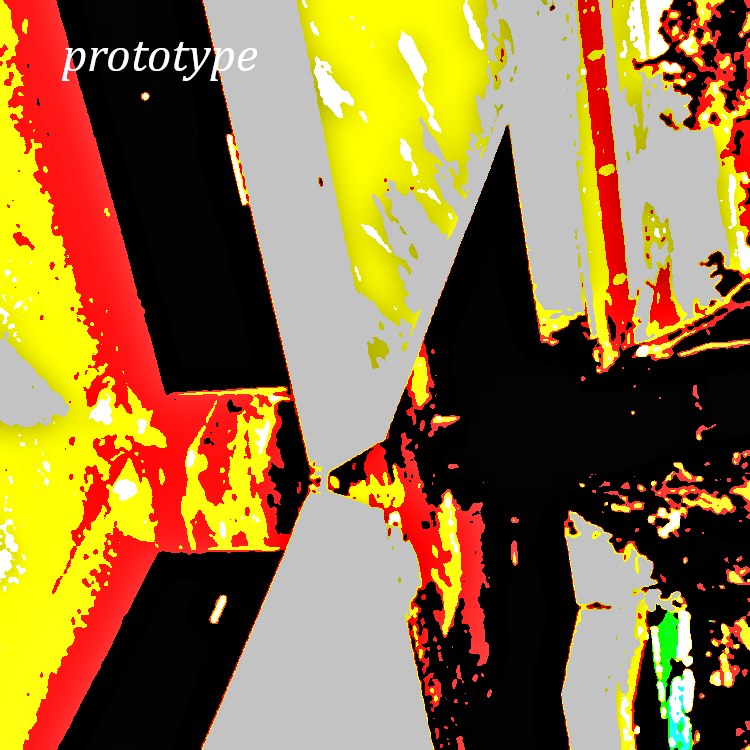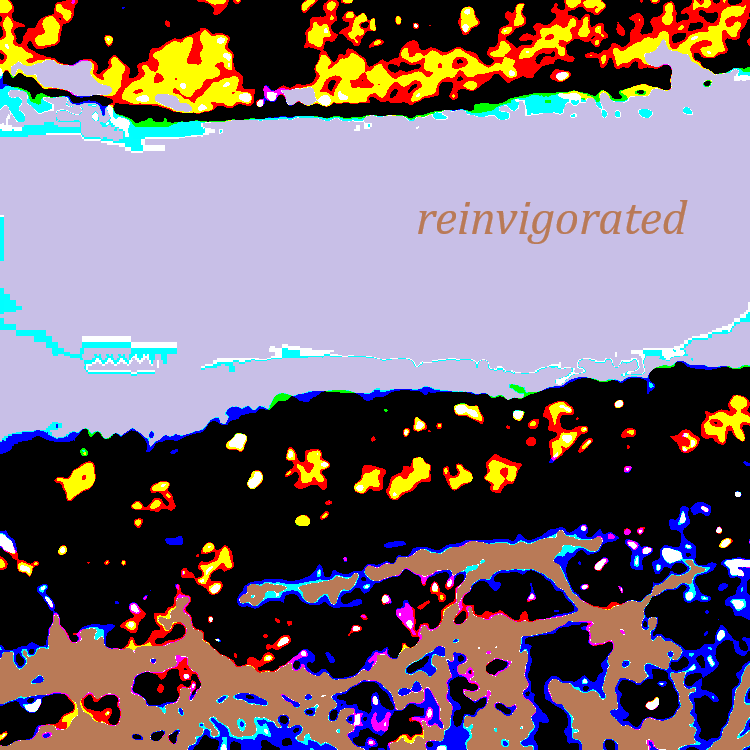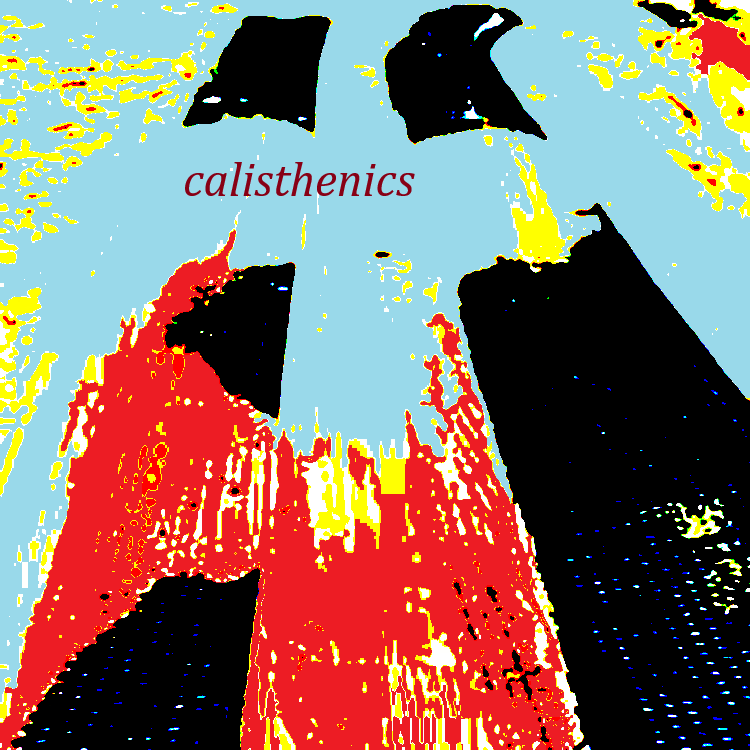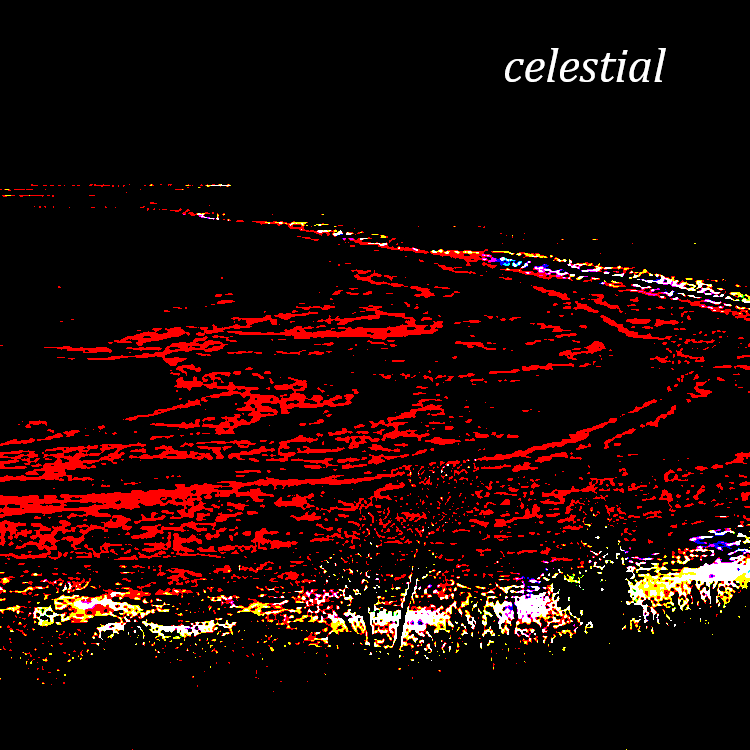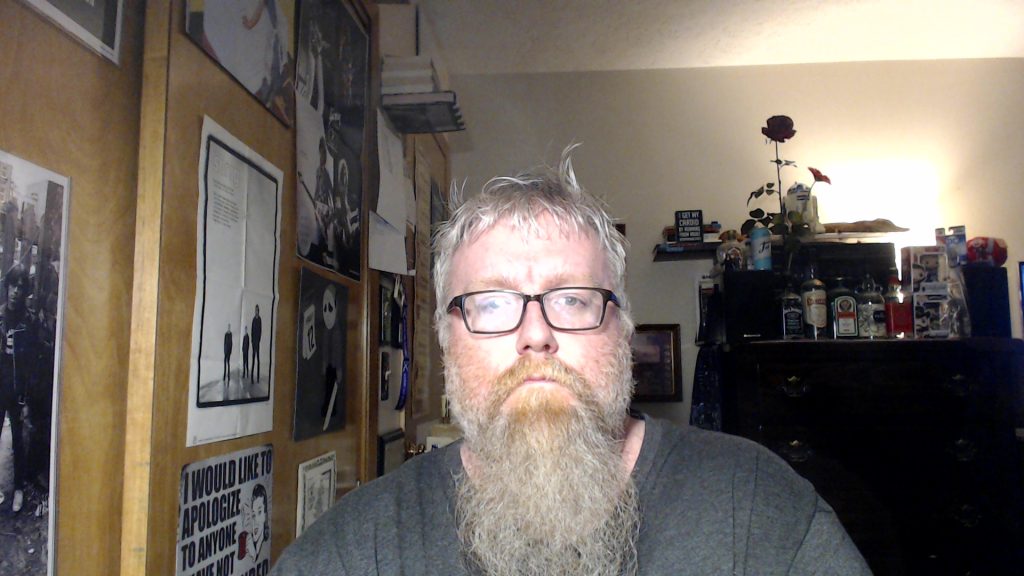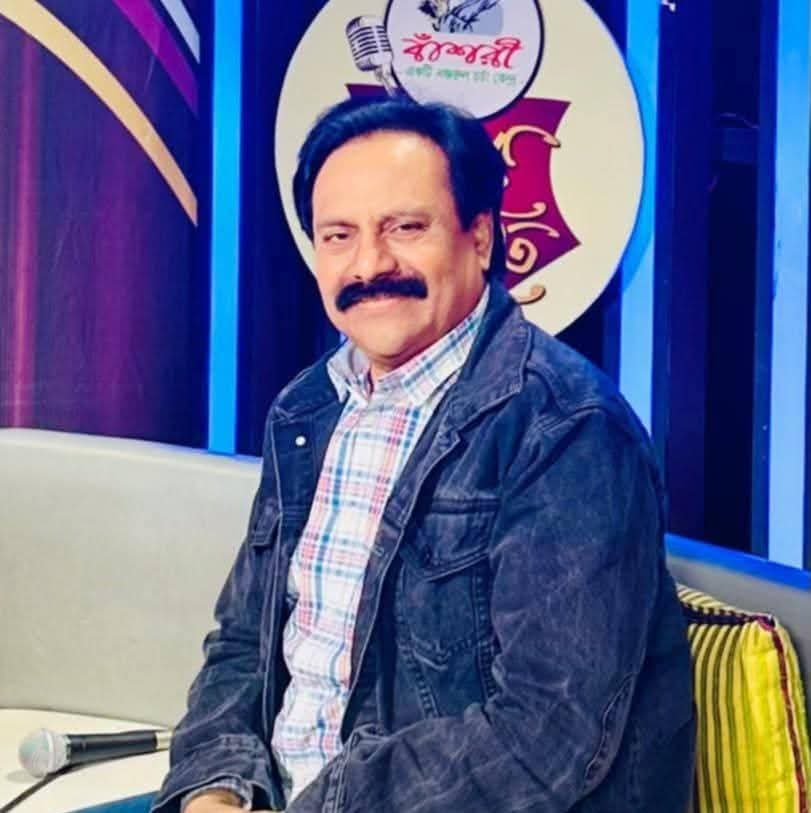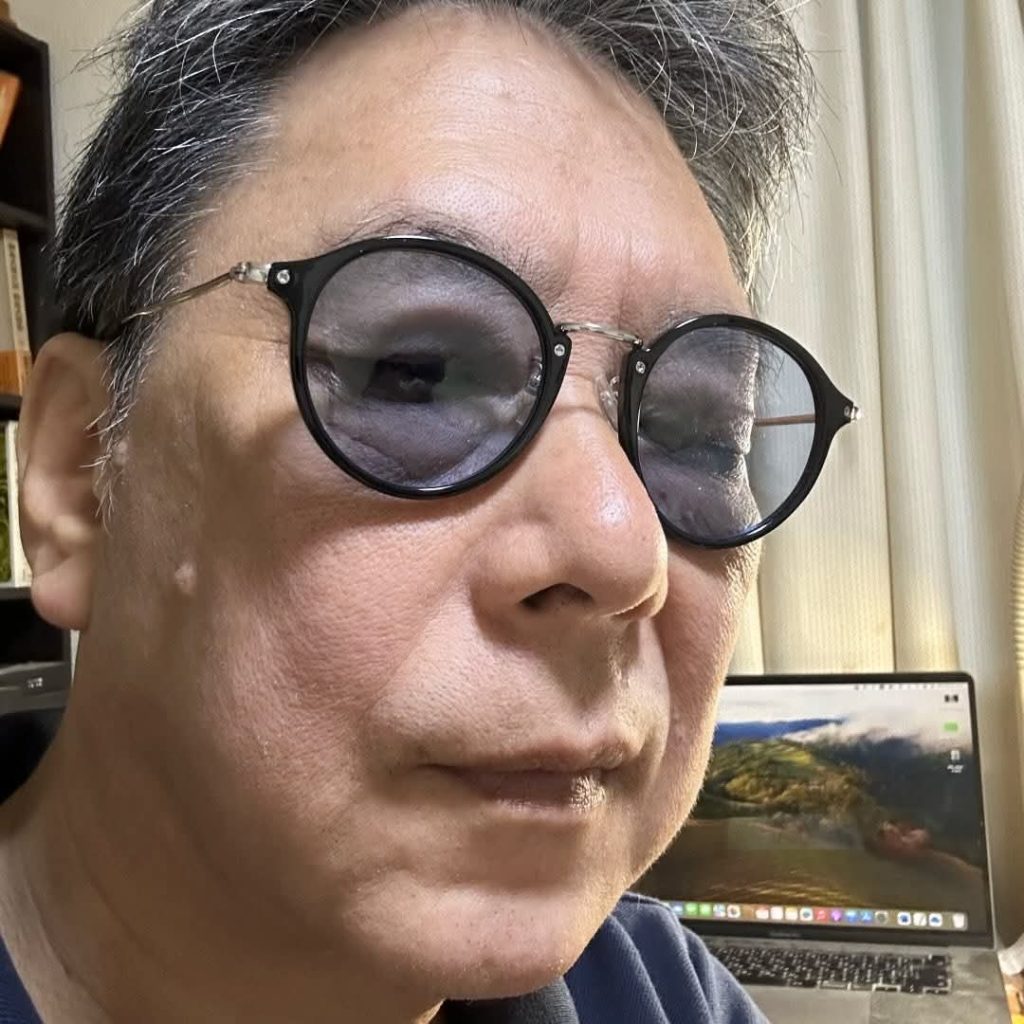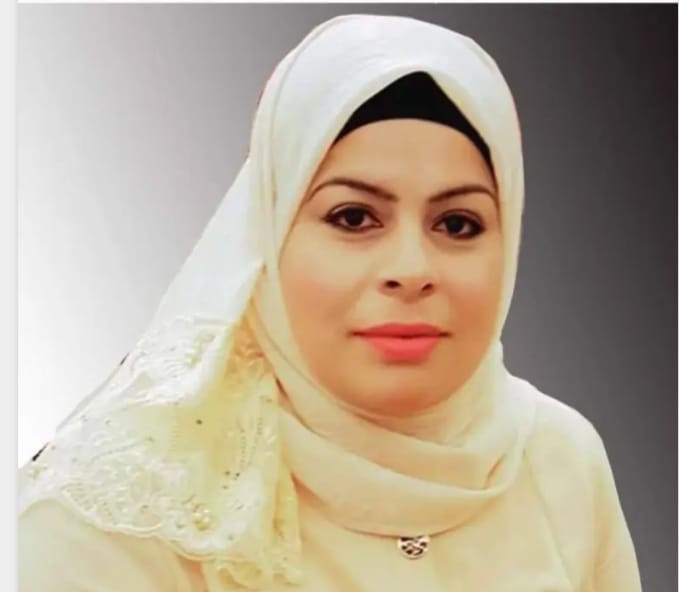
Θέμα:
الغَيث الماطِر
مرَّ عليَّ مرورَ السحابِ الثِّقالِ
المحمَّلِ بالغيثِ الماطرِ
أَسكبُ عليَّ العلمَ منهمراً من مَجمعِ البحرين
أسماؤُك الحسنى منبري
فيضُ حروفِك يتجلَّى لغةَ العرفانِ
وأحاديثُ قدسيّةٌ موثَّقةٌ في كتابِ النور
أُحدِّثُ خليلَ الروحِ عنك الذي يفهمني بلغةِ أهلِ السماءِ
لكنه يُصنِت ويصمتُ كأنَّه قدِّيسٌ في معبدِ النور
لأنَّه يعلمُ أنَّه لا يستطيعُ أن يُجاريني في الكلام
أُحبُّه وأبتغي منه الوصال
فهو وطنٌ لروحي المغتربة
وسط زخمِ الأرواحِ
التي لا أرى فيها سوى الظلام
إلهي، أسألك أن ترشدني بوحيك وإلهامك
فقد تغيَّرت نظرتي عمَّن حولي
وأنا الآن أنتظرُ منك الجواب
على أعظمِ سؤالٍ بيني وبينك:
من هم الوزراءُ الثمانية؟
تُسافر مهجة روحي إليك ترفرفُ
كأجنحةِ الحَمام، بمنسكي القائم
في عالمِ الرَّحْموتِ والجَبَروت
صلتي بك؛ العبدُ يناجي ربه الملك العظيم
أُسافرُ في رحابِ ملكِك المخفي
إلى عالمِ الملكوتِ بوعي الأنبياءِ
أتهيأُ لأنطقَ بلغةِ أهلِ السماءِ
وأشهدُ أنَّ يومَ لقائنا الموعودِ
شاهدٌ ومشهودٌ
القصيدة بقلم الشاعرة الأميرة الهاشمية دنيا صاحب – العراق
The Rain of Grace
He passed by me like the heavy clouds,
laden with the rain of divine mercy.
He poured upon me knowledge, cascading
from the confluence of the two seas.
Your Most Beautiful Names are my pulpit,
and the radiance of your words manifests
as the language of divine gnosis.
Your sacred utterances are inscribed
in the Book of Light.
I speak to the beloved of my soul about You —
the one who understands me
in the language of the dwellers of Heaven.
Yet he listens in silence,
as though a saint within the Temple of Light,
knowing he cannot rival my speech.
I love him, and I seek union with him,
for he is the homeland of my exiled soul
amid the tumult of spirits
where I see nothing but darkness.
My Lord, I ask You to guide me
through Your revelation and inspiration,
for my vision of those around me has changed,
and now I await Your answer
to the greatest question between us:
Who are the eight ministers?
The essence of my soul travels to You,
fluttering like the wings of a dove,
toward my sanctuary standing firm
in the realms of Mercy and Might.
My bond with You —
a servant confiding in his Sovereign, the Almighty King.
I journey through the vastness of Your hidden dominion,
into the world of the Kingdom of Light,
with the consciousness of prophets.
I prepare myself to speak
in the language of the people of Heaven,
and I bear witness that
the day of our destined meeting
is both the Witness and the Witnessed.
Poem by the Hashemite Princess and Poet
Donia Sahib – Iraq

